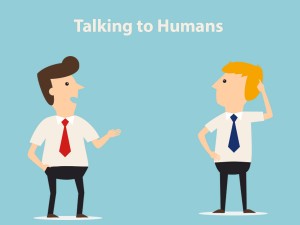
Can the Village Movement Save Us?
We are hard-wired to connect.
Ironically however, the more connected we are online, the more disconnected we become.
Blame the digital culture – it robs us of an essential, real-world social skill: connecting meaningfully with others. Not surprisingly, being focused on screens atrophies our ability to listen – this zaps the empathy required for meaningful connection (regardless of how many emojis we add!).
Is it time to embrace the Village Movement?
Launched in Boston in 2001, the Village Movement was created to help older adults age in their home instead of moving into senior housing or assisted living.
The way the Village works: members (a group of residents) share access to services; ex: transportation, meal delivery, dog walking, technology training, wellness programs, and social activities.
In addition, the Village’s person-centered focus and community-minded living fuel collaboration and meaningful connections. Members contribute their skills, ideas, and expertise that benefit the Village; ex: a retired lawyer might offer pro-bono advice; a retired nurse might volunteer to help older members with medication; and someone passionate about fitness might teach a yoga class.
Can the Village Movement work at work?
Imagine a culture ripe with person-centered, community-minded, meaningfully connected, collaborative teams that show up ready to listen, engage, contribute, and thrive together!
Some easy-to-implement ideas:
- No screens in meetings (keep people present!)
- Face-to-face contact (produces endorphins that enhance our well-being)
- “Tell me more” (3 powerful words that signal an interest in meaningful connection)
- Video conferencing (use FaceTime or Skype to maintain bonds built in person)
- Communal eating (sharing food resolves conflict and creates group identity)
- Creative activities (painting, singing, and dancing allow for shared experiences)
We might not be contemplating senior living options yet, but we always need to foster the connections that enable our people to solve problems, retain talent, learn and develop, accelerate ideas, and fuel their happiness.







